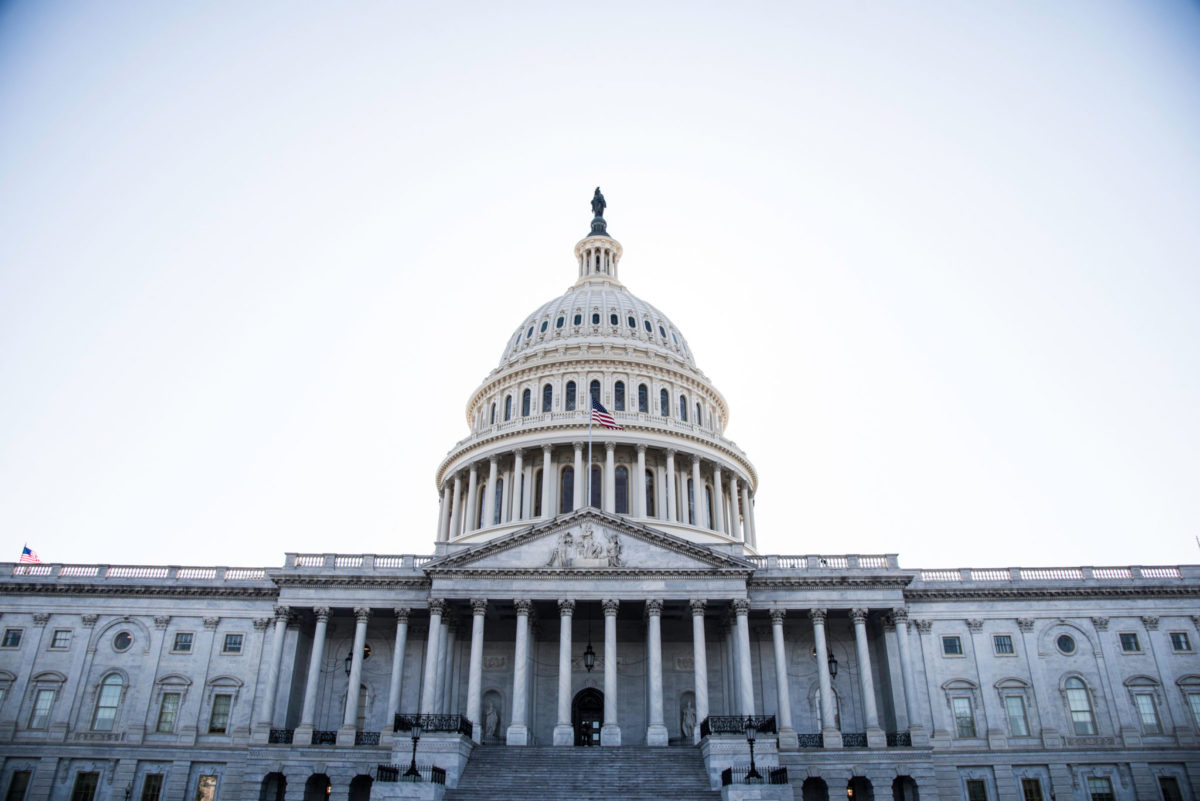NCIA Update From Capitol Hill

NCIA’s team in Washington, D.C. and our allies in Congress have been busy advancing cannabis reforms on Capitol Hill over the last couple of weeks. The Congressional appropriations process for the FY2019 federal budget is well under way and cannabis has been at the center of some of the debates around government spending.
Last week, the Senate Appropriations Committee approved legislation that would renew protections for state medical cannabis programs when the current spending budget expires in September. The language, which was introduced by Sen. Patrick Leahy (D-VT), prevents the Department of Justice from using any resources to target medical cannabis patients or providers who are in compliance with state laws.
While this provision has been amended into the budget since 2014, this is the first time that this provision has been included in the original language of the spending bill by either chamber of Congress. Thanks to the hundreds of member-businesses that have invested in NCIA’s work on Capitol Hill over the years and the growing public support for national cannabis reforms, this policy is no longer a controversial issue for Congress.In fact, leading up to the Senate hearing, Sen. Lankford (R-OK) attempted to include a budget rider that would effectively nullify the medical cannabis protections but later withdrew it, citing lack of support.
Over on the House side, an amendment offered by Rep. David Joyce (R-OH) which would have restricted the Treasury Department from using tax dollars to sanction banks for providing financial services to the legal cannabis industry came very close to passing but ultimately did not make it into the budget package. NCIA is working with our allies in the Senate to include the banking protections in that chamber’s version of the federal budget in the days ahead.
Another champion for social justice and sensible cannabis policies, Rep. Barbara Lee (D-CA), introduced a first-of-its-kind resolution bringing attention to the racially discriminatory enforcement of marijuana prohibition. Lee’s Realizing Equitable & Sustainable Participation in Emerging Cannabis Trades (RESPECT) Resolution calls on states with legal cannabis to enact policies to ensure that people of color and communities that have suffered the most under prohibition policies have equal access to business opportunities within the emerging legal cannabis industry.
NCIA applauded Rep. Lee and the bipartisan group of lawmakers who are leading the charge on tackling this important issue.
Meanwhile, other nations may be surpassing the U.S. in enacting sensible marijuana policies. Just today, the Canadian Parliament passed legislation that would legalize adult-use cannabis for our neighbor to the North beginning in October 2018. For more information about how the U.S. cannabis industry risks falling behind other nations due to outdated federal laws, download NCIA’s recent white paper, “How the U.S. is Falling Behind in the Global Cannabis Market.”
Stay engaged with NCIA for more news about the advancement of federal cannabis reforms and to learn about how you can get more involved.
